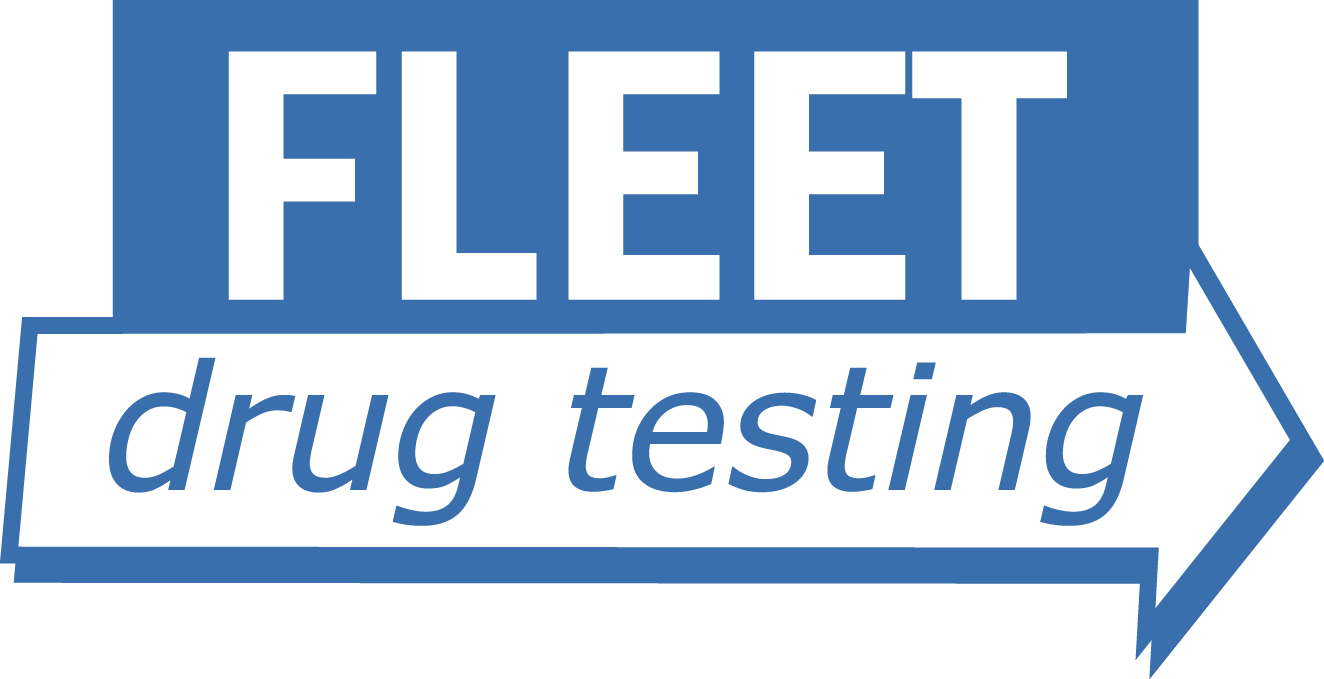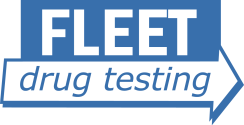Long held as one of the key transportation hubs of the south and eastern part of the country, Virginia has a vibrant transportation industry. For workers, this means good jobs and great opportunities. But the tradeoff is that you have to comply with regulations set by the federal Department of Transportation (DOT). This includes their drug testing program. At Fleet Drug Testing, we have testing locations across the state and can make the process easier, whether you work in Richmond, Arlington, or Norfolk. Contact us today to get started.
What Do You Get Tested For?
The DOT’s drug testing program, backed by the federal government, is able to produce highly accurate results through a controlled process. Here’s a quick breakdown:
- First, you’re informed of the need for being tested, then you report to the location and give a sample, either urine or saliva.
- The sample is tested at a certified lab, with the results being examined by a Medical Review Officer (MRO).
- The MRO reports results to your employer or the DOT Clearinghouse if you’re an owner-operator of your own truck or vehicle.
While this is a brief overview, specific rules determine what is actually tested for. Failing a DOT drug test can result from the presence of substances like:
- Marijuana (THC) – Even if legal in some states, including Virginia, it’s screened for in DOT tests.
- Cocaine – Prohibited in DOT drug testing.
- Amphetamines – Includes drugs like methamphetamine and MDMA.
- Opioids – Various opioids, including heroin and synthetic opioids, are looked for.
- Phencyclidine (PCP) – Screened for in DOT drug tests.
Obviously, most of these substances are well-known for their recreational use. Moreover, the stress and tight timetables that come with working in the transportation industry can lead to substance use and abuse. But knowing the consequences of this–and better yet–knowing when you’ll be tested under DOT regulations, it can make it easy to prepare for a test.
Preparing for a DOT Drug Test
It sounds redundant, but the best way to make sure you can pass a DOT drug test is to simply not use any of the banned substances looked for. However, you may have prescription medications that you have to take that could possibly show up on these tests. Thankfully, the procedure allows for such instances, so long as you can show a medical need to the collector or MRO.
At the same time, you’re also tested at certain intervals under DOT regulations, so you’re able to know when you’re going to be tested:
- Pre-employment testing – Before getting hired for a safety-sensitive job, employees need to take a drug and alcohol test. A positive result may lead to not being hired.
- Random testing – Safety-sensitive employees can be randomly selected for drug and alcohol testing as per DOT rules. Employers use a system to randomly pick employees, testing at least half for drugs and at least 10% for alcohol within a year.
- Reasonable suspicion testing – If there’s a reasonable belief that an employee is under the influence of drugs or alcohol, they must undergo testing, as required by DOT regulations.
- Post-accident testing – After a work-related accident causing fatality, serious injury, or property damage, the involved employee must undergo drug and alcohol testing.
- Return-to-duty testing – Following a positive drug or alcohol test, the employee must finish a substance abuse treatment program and pass a “return-to-duty” test before resuming safety-sensitive duties.
- Follow-up testing – Employees returning to safety-sensitive duties after a positive drug or alcohol test must undergo follow-up testing as needed.
What Makes a DOT Drug Test So Accurate?
Again, the DOT has all the resources and funding of the federal government behind it. As such, its testing process is the gold standard for accuracy of results. Specifically, though, here’s how they do it:
- Standardized process – DOT drug tests strictly follow standardized procedures set by federal regulations. These guidelines cover every step, from specimen collection to result reporting.
- Use of certified laboratories – Tests under DOT regulations are processed in laboratories certified by the Substance Abuse and Mental Health Services Administration (SAMHSA). SAMHSA certification ensures these labs meet specific quality and accuracy standards.
- Review by certified Medical Review Officers – A Medical Review Officer (MRO) is crucial for result accuracy. They carefully review and verify test results, ensuring accuracy and considering any valid medical explanations.
- Quality control measures – Certified laboratories implement quality control measures, including equipment calibration, proficiency testing, and strict adherence to protocols, further contributing to result accuracy.
Even with all of these things in place, there’s still the possibility that you could fail a DOT drug test and then face the consequences. After you get a positive drug test result from the Department of Transportation (DOT), it’s important to be proactive and responsible in dealing with it. Follow the proper steps and work with the Medical Review Officer (MRO), Substance Abuse Professional (SAP), and your employer to handle the situation correctly.
Keep in mind that following DOT rules is a crucial part of your job, and failing the test–or failing multiple times–can have a serious impact, potentially leading to the end of your career.
Fleet Drug Testing Has the Solutions You Need in Virginia
If you’re in Virginia and require a DOT drug test, Fleet Drug Testing can help you. We offer various programs to help you and your employer comply with regulations. Our certified testing facilities are conveniently located throughout Virginia, following all guidelines. Our programs guide you through the process, ensuring you’re ready for the test. Remember, DOT drug testing is crucial for your safety. Contact us today to get started with the drug testing solutions you need.

